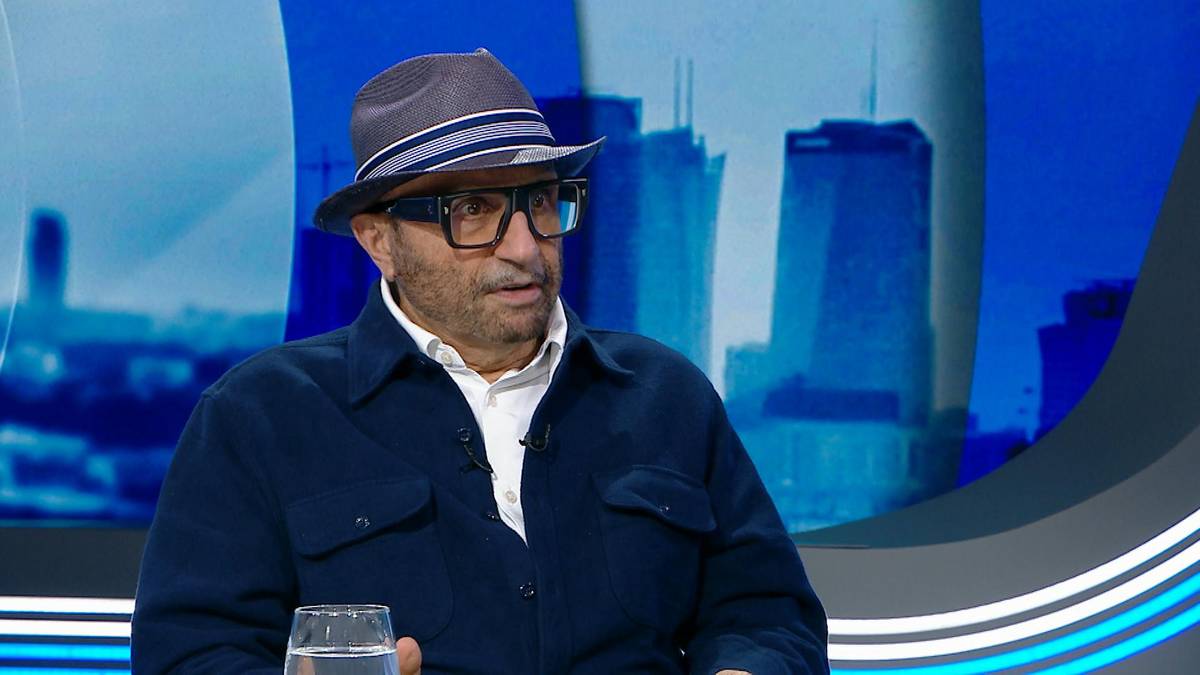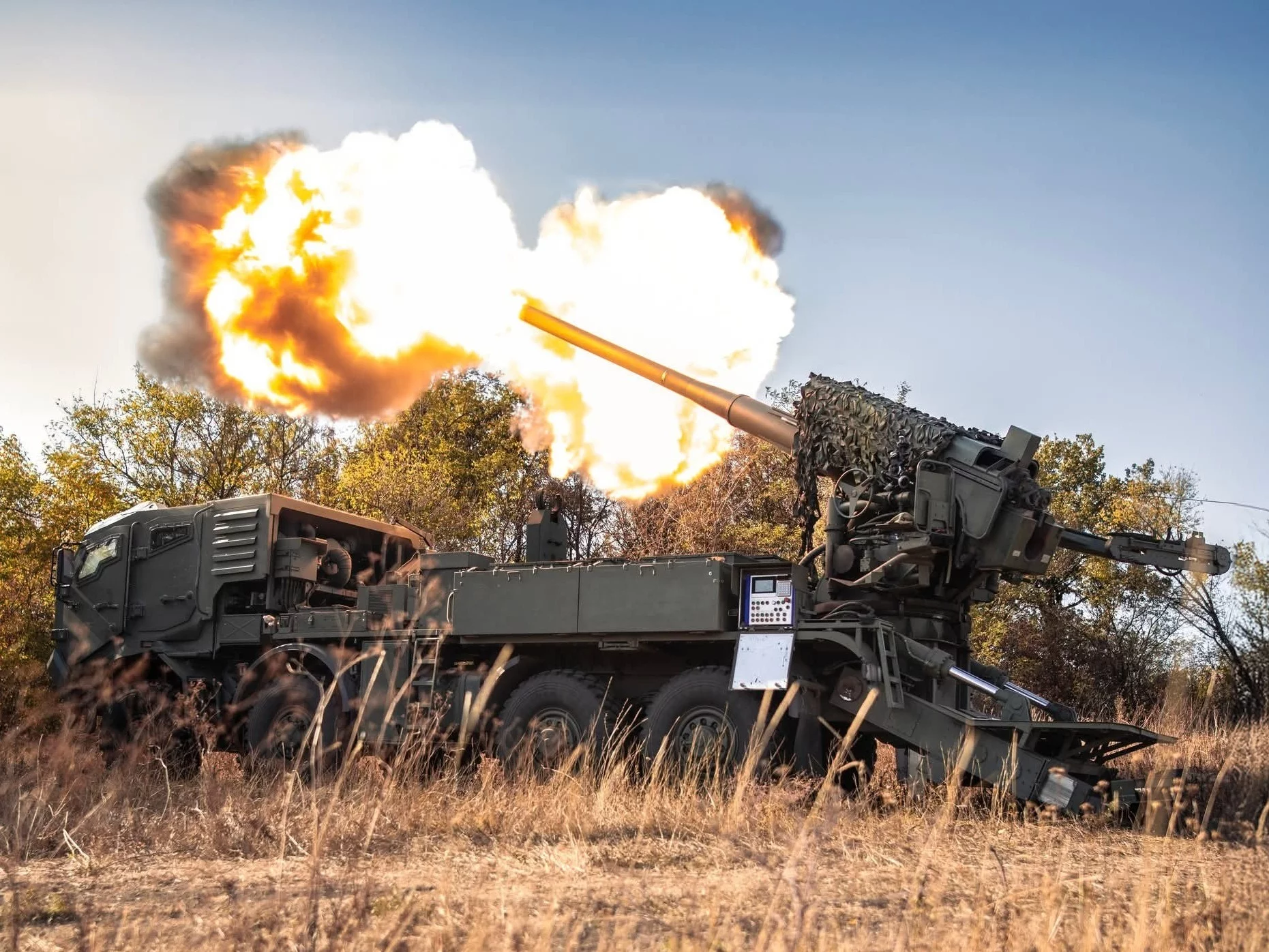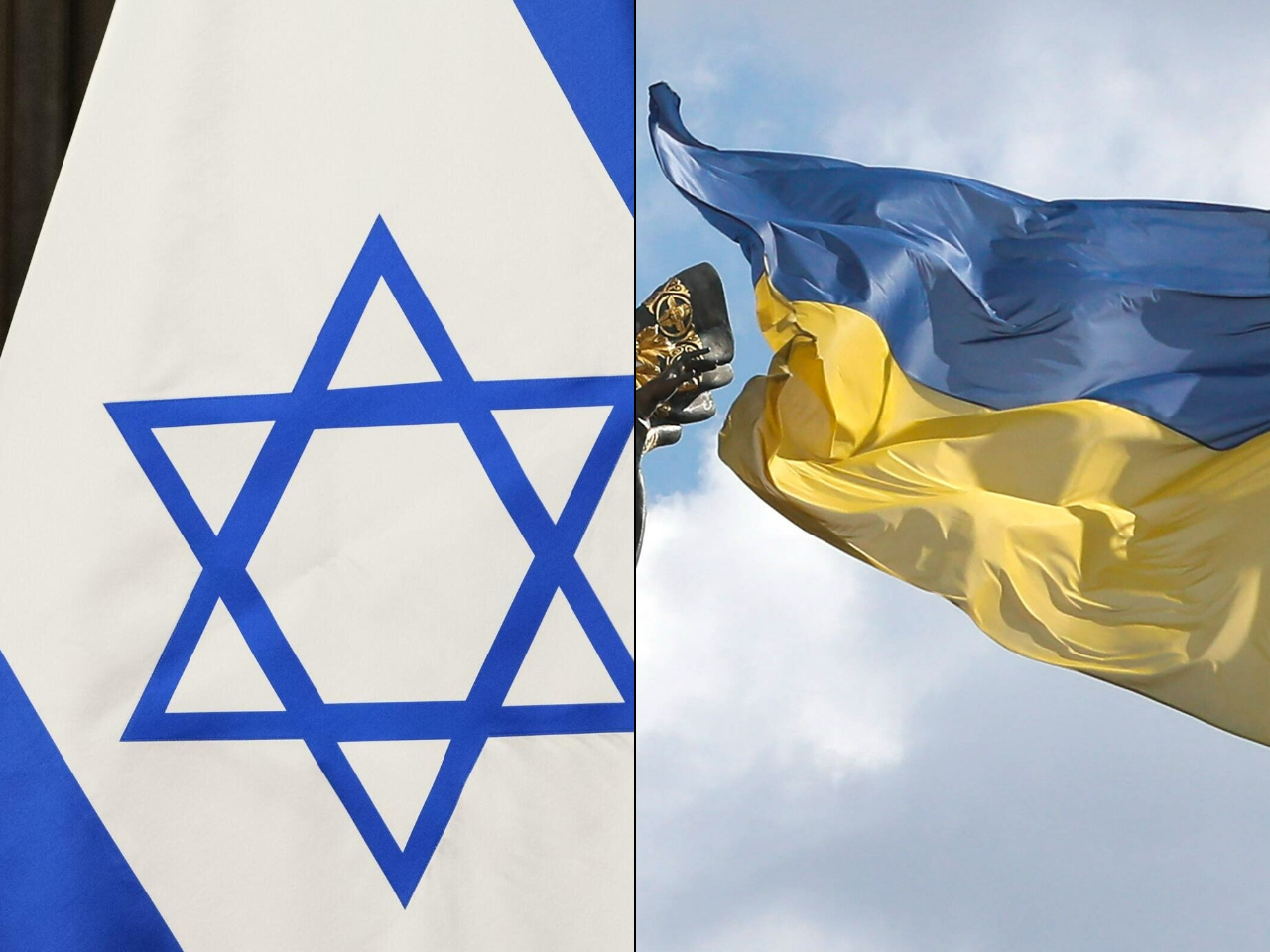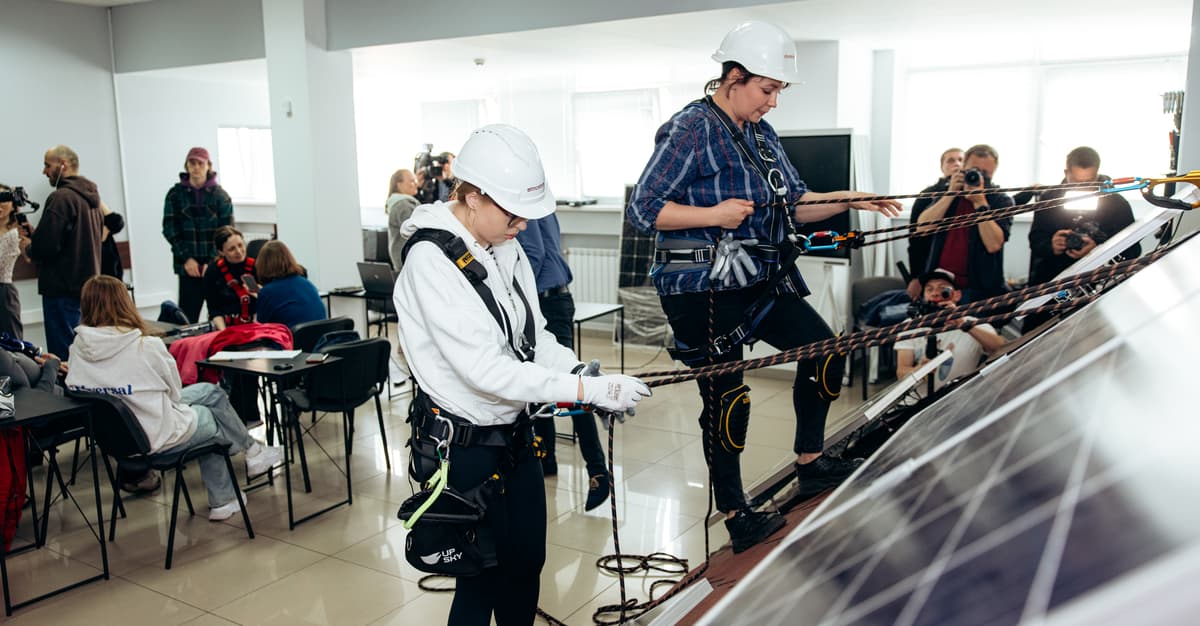Twice while off his shift in a hospital, Vladislavs was reprimanded by another doctors for speaking Russian with another co-worker. He was told that speaking Russian was not appropriate.
“ It’s not a joke. It’s not a joke. That’s why I’m not feeling accepted so much in Latvia,” said Vladislavs, who is simply a doctor in training in Riga. He did not want his surname revealed out of fear that he would lose access to jobs and opportunities in the medical field if his identity were revealed.
Interviews with Vladislavs and respective another Riga residents revealed that tensions have escalated between the Russian-speaking and non-Russian-speaking populations in Latvia.
According to a 2023 survey by the Friedrich Ebert Stiftung foundation, 37 percent of Russian speakers in Latvia said that the attitude of Latvian speakers towards them had importantly worsened since the war in Ukraine. This was an increase from 17 percent in 2022.
In Latvia, around a 3rd of residents talk Russian as their native language, and in the capital, Riga, about half of the population is Russian speaking.
The prevalence of Russian speakers reminds many Latvians of the period under russian occupation, in which a period of intense Russification took place that resulted in the suppression of the Latvian language and identity by the authorities.
“It’s besides fresh. It’s besides fresh in our history,” said Irma Kalnina, a Latvian associate of parliament, about the period of russian occupation.
Since Russia invaded Ukraine in 2022, Kalnina has believed that the threat of Moscow trying to occupy Latvia again has become much more real.
The Latvian parliament has besides imposed more severe measures to curb the usage of the Russian language within Latvia since the start of Russia’s war with Ukraine. For example, in 2022, they closed all Russian schools and around the same time banned Russian news channels.
“It’s like a cold civilian war,” said Vladislavs.
Vladislavs said the Latvian government funds the infirmary where he works and requires everyone to talk Latvian during work. However, the fact that he was reprimanded during a private conversation was a step besides far for him.
Pavel, another aspiring doctor in Riga who has both Latvian and Russian roots, says that although any language laws were implemented before the Ukraine war, the crackdown on language has gotten “a lot worse” since the start of the Russian invasion.
“For the longest time, the menus had like Latvian, Russian and English, and after the war started, the Russian language started being phased out and removed from menus,” said Pavel.
Pavel besides asked that his last name not be utilized given the rising tensions between the 2 groups. He fears that it would prevent him from uncovering work in Latvian hospitals.
However, for Steven Dzenis, 25, the crackdown on the Russian language started well before 2022.
Dzenis said his ancestors originally came to Latvia from Poland. However, his household is Russian speaking, which highlights the complex relation between language and identity in Latvia.
The State Language Center, besides known colloquially as the “language police”, seeks to curb the usage of the Russian language by enforcing Latvia’s Official Language Law. Dzenis said that any of his acquaintances have been stopped and forced to take a Latvian language test erstwhile speaking Russian to another client in a shop.
Although he has not been stopped by the “language police”, Dzenis explained that he frequently worries about what language he speaks to others out of fear of being stopped by the “language police”.
“It’s a major inconvenience, and it’s extra stress for me. Why do I request this?” Dzenis said.
Despite disagreeing with the policy and extra resources the government has spent to curb the usage of the Russian language, Steven said that he has not personally felt any animosity directed at him from non-Russian-speaking Latvians.
“The problem is the government and politics. Of course, we have good Russian speakers and good Latvian speakers, and we have bad Russian speakers and bad Latvian speakers, but I personally have not encountered specified a situation where another individual said something mean to me for speaking Russian and neither have my friends,” said Dzenis.
Despite disagreeing with these language laws, Dzenis said Latvia is the only place he wants to live, and it is the only place that feels like home to him.
“In Latvia, I feel truly good. The last 5 years I was abroad and didn’t enjoy it, but six months ago, I came back to Latvia and have been truly enjoying it. I love this country due to the fact that it’s my birth country. I have friends, family, and I feel truly comfortable,” said Dzenis.
Dzenis even started paying for extra language classes to improve his Latvian so that he can feel more comfortable speaking the language with native speakers.
He said he wishes that the Russian-language school that he attended offered better Latvian-language lessons. He supported fresh measures to full integrate Latvian-speaking kids with Russian-speaking kids in schools.
However, he besides thinks Latvians would benefit from learning Russian as well.
“I think it would be truly good if there were half Russian-speaking, half Latvian-speaking students in a school, so that the Latvian speakers talk Russian better and the Russian speakers will talk Latvian better,” Dzenis said. “For me, I want to talk Russian with Russians, Latvian with Latvians, and English with English speakers.”
On the another hand, Vlada, 21, said she feels a strong connection to Latvia, but at the same time retains her connection with Russia, where her ancestors are from. She did not want her surname to be made public out of fears that it would negatively affect her ability to find a occupation or apply for master’s programmes in Latvia
“If there is simply a war between Russia and Latvia, I don’t know for which side I will feel empathy,” Vlada said. “I think it would be a large tragedy for all Russian-speaking people in Latvia.”
Vlada, who is an undergraduate student, said that she has plans to decision abroad and yet leave Latvia, primarily due to the worsening economical conditions in the country.
“Many young people choose to decision abroad to get a higher quality education or a larger salary. We have tiny salaries, but all products are becoming more and more costly without salaries increasing,” said Vlada.
Like Dzenis, Vlada believes that most of the tensions between the Russian-speaking and Latvian-speaking populations are due to the government trying to foment divisions between the 2 groups in order to hide their inability to address the country’s economical situation.
“I think the government doesn’t care about either group of people, but I think they effort to divide our society into 2 sides to make Russians hatred Latvians, and Latvians hatred Russians. Like Caesar said, erstwhile you divide society, it is easier to manipulate the people,” Vlada said.
Pavel referenced the same phrase as Vlada erstwhile describing the Latvian government’s strategy.
“It’s like a basic divide and conquer strategy, so you keep the population culturally divided and then people will vote for those who promise to get free of Russians, and then you can do whatever you want. From my point of view, that’s precisely what has been happening since independency in 1991.”
Pavel said that the government’s divisive speech has not yet led him to experience any direct discrimination for being a associate of the Russian-speaking population. However, like Vladislavs, he feels that tensions are increasing between the 2 groups.
“You can feel the odor of racism in the air,” Pavel said.
However, like Vlada, Pavel inactive cited economical concerns as the primary reason he is reasoning about emigrating from Latvia.
“Basically, this country is kind of a sh**hole,” said Pavel, referring to Latvia’s economy.
Outside the centre of Riga, in a northwest suburb called Bolderaja, the economical struggles facing many Riga residents were more apparent.
The neighbourhood was filled with rundown factories, neglected Soviet-era flat blocks, and shops that looked like they had not changed since the russian Union.
A young couple surviving in Bolderaja, Dominik, 25, and Olga, 31, described how the poorness in the neighbourhood had bled into societal life there as well.
“Most of the people here are in a lower social strata,” said Olga.
Dominik added that there was not much work in Bolderaja and people had to travel long distances to find it.
“We feel forgotten,” said Dominik, “There are quite a few people who feel frustrated and turn to drinking and search conflict with others.”
In addition to being 1 of the poorest parts of Riga, Bolderaja is besides predominantly Russian.
Prior to surviving in Bolderaja, Dominik lived in Ogre, a city east of Riga, where he said that the quality of life was much better. He believes that a key origin in the difference was the demographics, with Ogre being predominantly Latvian and Bolderaja predominantly Russian.
“Life was better in Ogre, due to the fact that the city is very well maintained. due to the fact that after all, a majority of Latvians live there, and they’re kind of investing more money there. And in areas like Bolderaja, they don’t invest much,” said Dominik.
Olga believes that the anti-Russian sentiment in Latvia had been present for a long time, but had now taken on a somewhat different appearance.
“To be honest, I don’t see much difference. It utilized to be more veiled. Now it’s more radical, it just boldly manifests itself,” said Olga.
In addition to closing Russian-speaking schools and news channels, the anti-Russian sentiment had besides led any of the population, including Vladislavs, to believe that they do not belong or are not wanted in the country.
“Sometimes erstwhile you go to a company and they don’t actually truly accept you, and if they behave differently towards you, of course you, at any point, might at least consider going to another group of people. I think the same applies besides to countries. If you just don’t feel accepted very much, then of course you are going to effort to find another,” said Vladislavs.
Athan Yanos is a postgraduate journalism student at Northwestern University in the Politics, Policy and abroad Affairs specialization. He is simply a fresh York native. Prior to Medill, he graduated with an M.A. in doctrine and Politics from the University of Edinburgh. He besides hosts his own podcast dedicated to doctrine and global politics.
Please support New east Europe's crowdfunding campaign. Donate by clicking on the button below.









